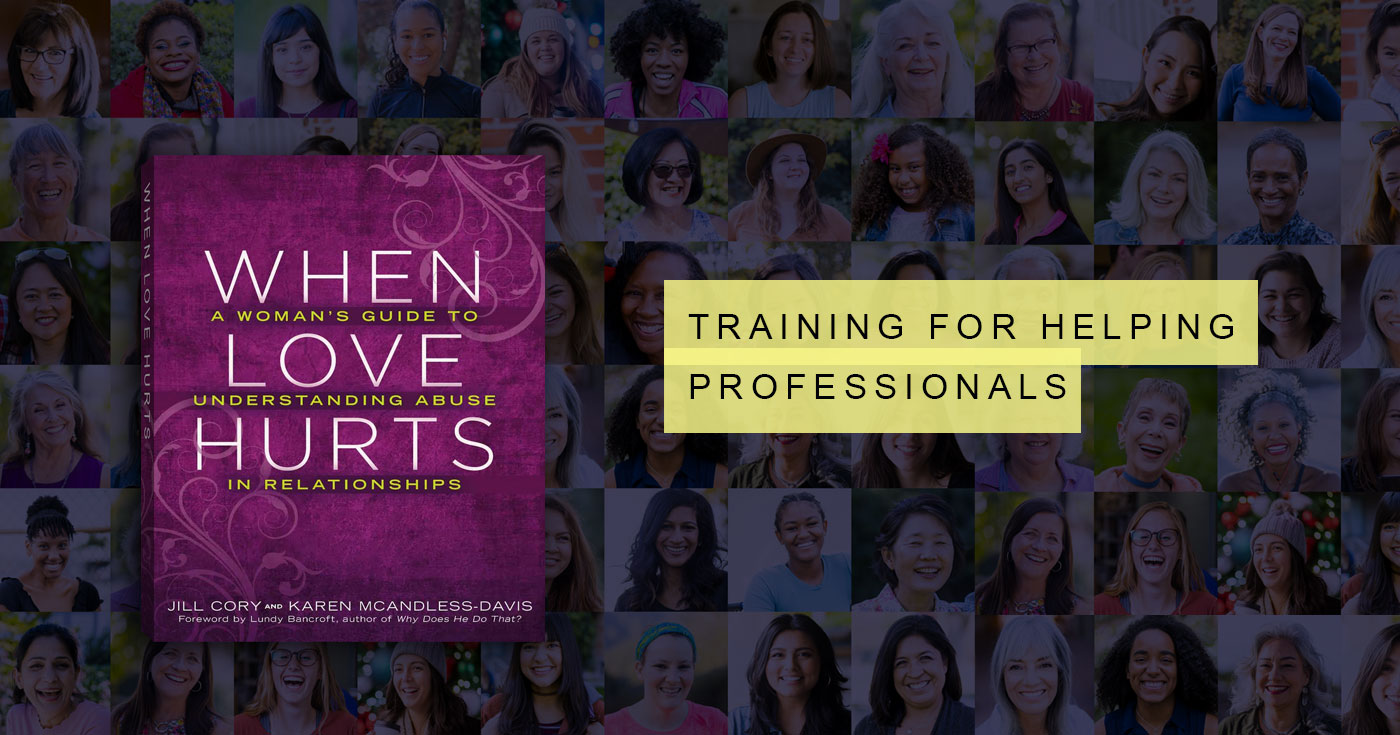Women are blamed for abuse
Have you ever noticed that women are often blamed for the abuse they experience at the hands of their partners – sometimes subtly and sometimes not so subtly.
Here are some statements made to or about women who have experienced abuse. Each statement carries a value judgment and implies that the woman who is abused by an intimate partner is somehow responsible for anticipating, causing, or stopping the abuse. Consider the fact that the same statements applied to victims of most other crime, mugging, for instance, would be considered outrageous.
1) Implying that the woman provoked or “asked for the abuse”:
What did you do to make him so mad?
You made your bed, now lie in it!
She’s such a nag – I’d like to hit her myself!
She’d drive anyone to abuse!
2) Implying that the woman could / should have been able to anticipate the abuse:
How long did you know him before you married him?
Did he ever hit you while you were dating?
Did you know he was violent when you married him?
Couldn’t you tell he was getting upset?
Why didn’t you leave?
3) Implying that the woman (not the abuser) is responsible for stopping or is able to stop the violence:
Why don’t you just leave?
Try to be a better wife
Pray harder
Try to learn better communication skills
Try not to make him so mad!
4) Implying that the woman is masochistic or purposely chooses abusers:
She must enjoy it or she’d leave!
She’s just co-dependent
She must be attracted to abuse
5) Questioning the victim’s intelligence / implying that the woman is stupid or less intelligent:
I’d never put up with it!
The first time a man hit me, I’d be gone!
I told you he was not good!
What do you see in him?!
6) Implying that the woman is or continues to be abused because something is wrong with her:
She must be crazy
You’re making really bad choices
She’s self-destructive
Modified from an article written by Julie Owens



Announcing When Love Hurts, the podcast, with Karen McAndless-Davis and Jill Cory
What if everything you thought you knew about abuse wasn’t quite right? What do you…
“I wish I had known sooner”: thoughts on our upcoming podcast
The When Love Hurts podcast will be for anyone who wants to know more about…
A mother’s journey of “letting go” on her own terms
Carolyn A. Rogers, MAPPL, reflects on what it means to “let go,” on her own…
Announcing When Love Hurts, the podcast, hosted by Alison Epp and Jo Neill
Is this thing on?
When Love Hurts reflections, news and resources
Reflections from a four-decade journey working toward a safer and more respectful world for women…
The destruction of parental alienation accusations: one woman’s story
When asked to write an article on the impacts parental alienation accusations had on me…
A framework of healing from coercive control and abuse
This descriptive framework is a collection of signs, feelings, actions, attitudes, and more, that indicate…
Women’s experiences of counsellors
Over the years, we have heard stories from women of counsellors who offered advice that…